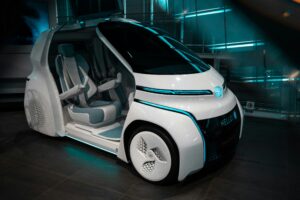In a world where technology is constantly evolving, one surprising development has caught the attention of both consumers and industry experts alike: the rise of virtual influencers. These computer-generated personalities, with their flawless appearance and curated content, are taking social media by storm and reshaping the influencer marketing landscape.
According to a recent study by Influencer Marketing Hub, virtual influencers have seen a 60% increase in engagement rates compared to their human counterparts. This staggering statistic underscores the growing appeal of these digital creations, which are able to maintain a consistent online presence and cater to the desires of their followers 24/7.
But what makes virtual influencers so successful? As one industry insider explains, “Virtual influencers offer brands a level of control and consistency that human influencers simply can’t match. From their appearance to their messaging, every aspect can be curated to perfection.”
Despite their rising popularity, virtual influencers have also sparked debates about authenticity and transparency in influencer marketing. Some critics argue that these artificial personalities lack the genuine connection that human influencers can establish with their audience.
As we navigate this new frontier of virtual influencers, it is clear that technology is blurring the lines between reality and digital artifice. With brands increasingly turning to these virtual avatars to promote their products, the future of influencer marketing seems poised for a virtual makeover.



